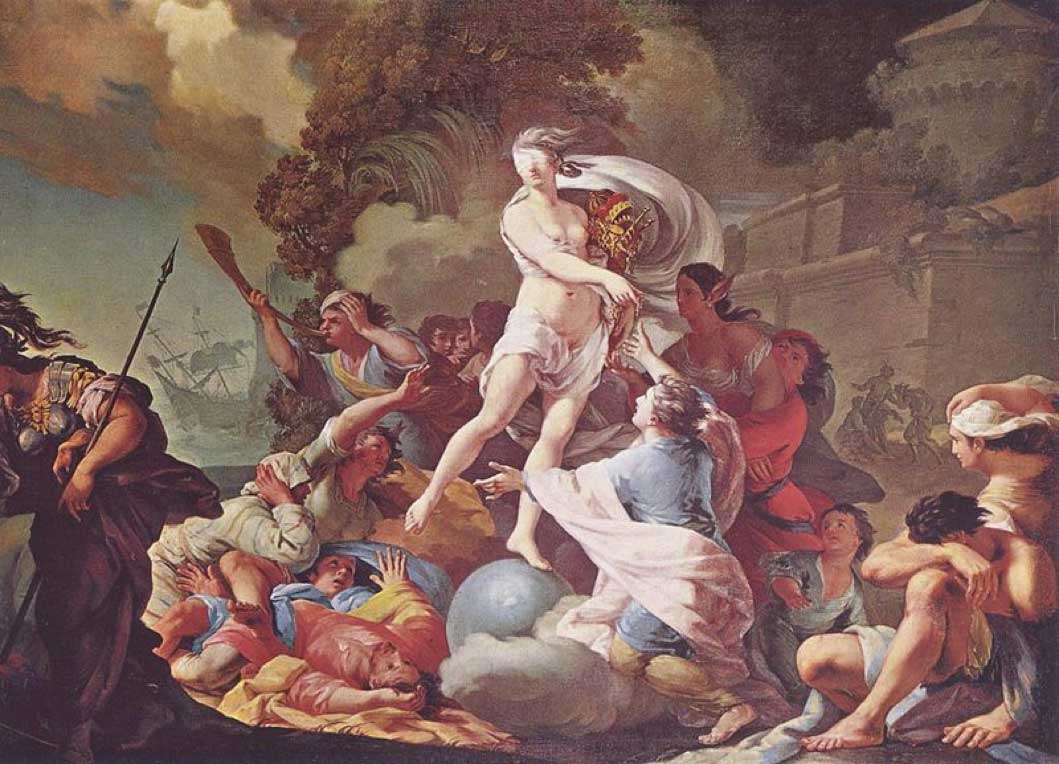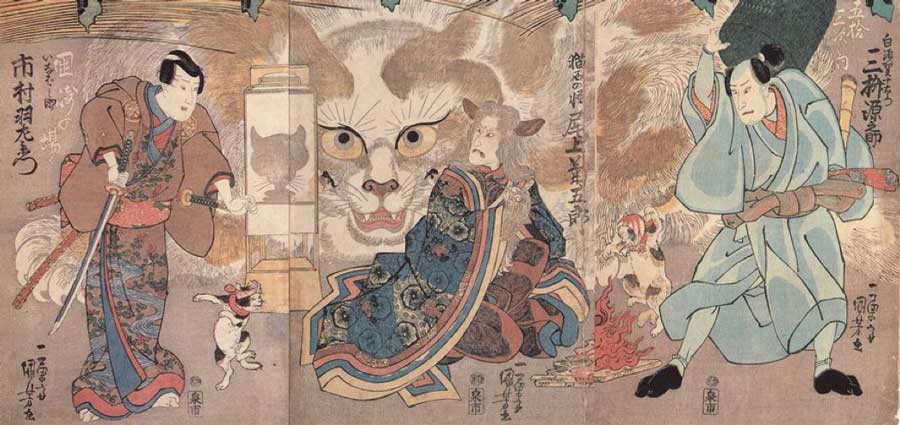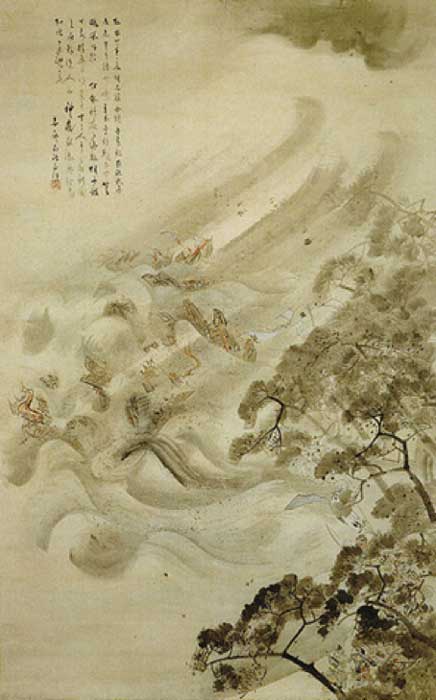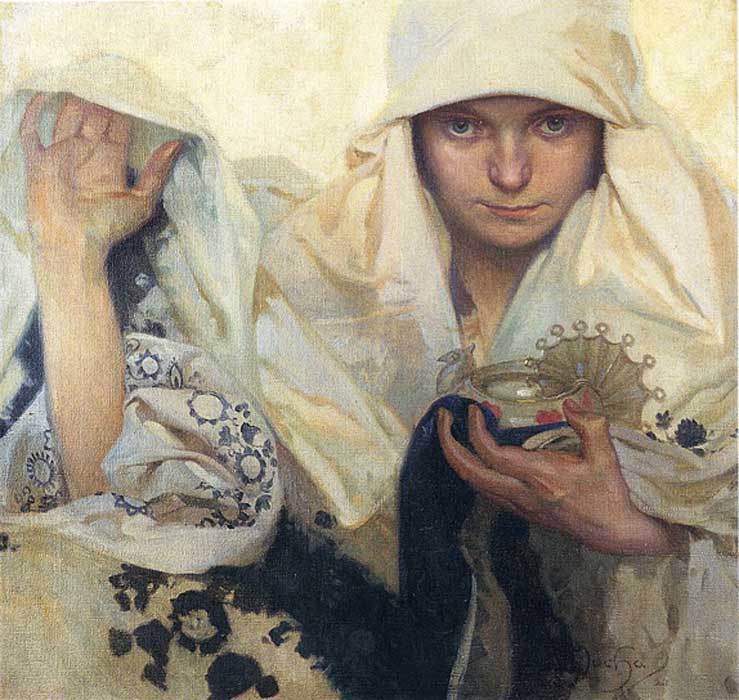
Pure Luck: The Role of Chance in History
Luck is a way of understanding or judging how chance events affect our lives. Chance may be a mixed bag of marshmallows and razor blades, a flowing river of good and bad experiences; positive, negative, or improbable events. Throughout history, Chance, Fate, Destiny or just pure Luck have had such an impact on mankind’s lives, leading men to conjure up gods and goddesses to implore; invest magical powers into amulets, talismans and numbers; follow superstitious habits, and chanting spells and incantations; all in an attempt to redirect the natural flow of life in their favor.

Japanese superstitions regarding cats. Ume no Haru Gojūsantsugi" (梅初春五十三駅) by Utagawa Kuniyoshi. A shapeshifting cat. A kabuki that was performed in 1835 (Public Domain)
Fate, Luck or Just Mother Nature Intervening?
In the 13th century the Mongol Empire expanded across what is today approximately 50 modern countries, reaching from the Sea of Japan to Eastern Europe. In 1273 AD, seeking to expand his father’s Empire, Kublai Khan sent a missive to the king of Japan demanding he took to his knee and became a vassal of Mongolia. Instead, the Shogunate prepared Japan for a Mongolian sea invasion, which occurred in 1274 AD, when more than 20,000 Mongolian soldiers boarded 500 ships and ravaged the islands of Iki and Tsushima, before reaching Hakata Bay in Japan. The odds were stacked against the Japanese. Not only had they not fought on home soil for 50 years, but they trained in single combat, even when using massive armies, while the Mongols used unfamiliar tactics and weapons including early explosive devices like hand grenades.
Just as the Mongols were beaching, a storm stretching from horizon to horizon broke and tore the Mongolian fleet apart. Vessels that tried to flee were wrecked by the sea leaving only a handful of ships afloat and those that braved the storm were completely destroyed, leaving no survivors. This stroke of luck is where the term ‘kamikaze, or divine wind’ originated. Seven years later, 100,000 Mongols attempted a second invasion in 1281 and an unexpected, out of season typhoon sank the entire fleet.

Ink and water on paper illustration of the Mongol fleet being destroyed in a typhoon, by Kikuchi Yōsai, (1847) (Public License)
This parable is so fitting because it highlights the dual nature of luck. For the Japanese, the two typhoons would have been regarded as god sent golden gifts of good luck, at the same time the Mongols must have thought of them as having originated in hell itself; the perfect manifestations of bad luck. Is luck then no more than one’s perspective on situations? Or is there more to it?
The Origins of Luck
Fortuna was the Roman goddess of fate or luck and was a popular mythological allegory right up to medieval times, but the concept of ‘good fortune’ was not associated with the notion of probability or chance, but more so with fate or divine intervention. The notion of ‘good fortune’ was expressed in Old and Middle English with the word spēd (speed) which had the wider implications of ‘prosperity, profit, abundance’. The English word luck first appeared during the 1480s, derived from the Low German, Dutch or Frisian luk, and literary scholars believe it likely entered English as a gambling term.





